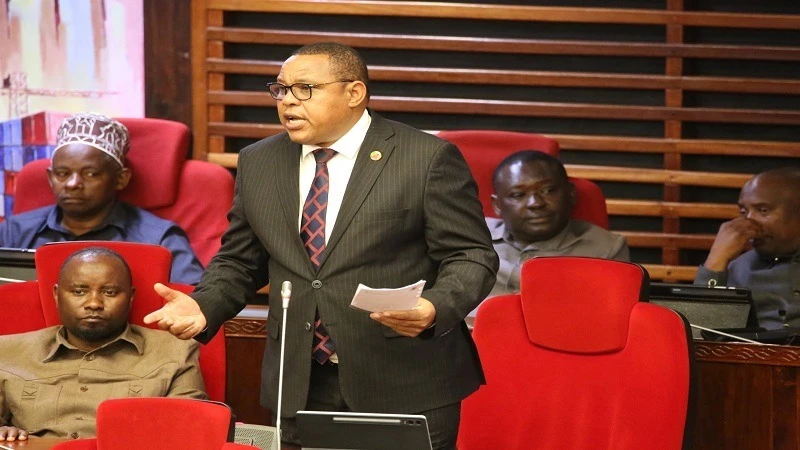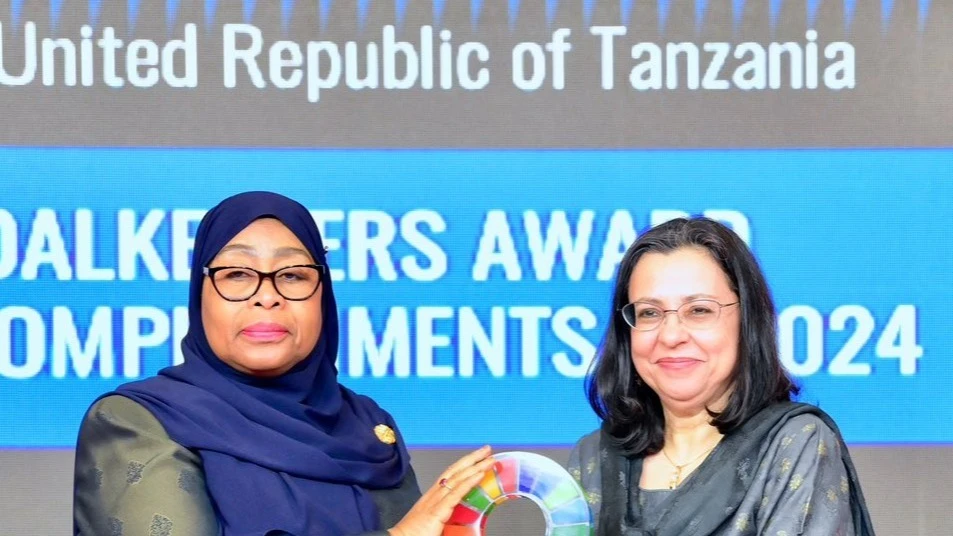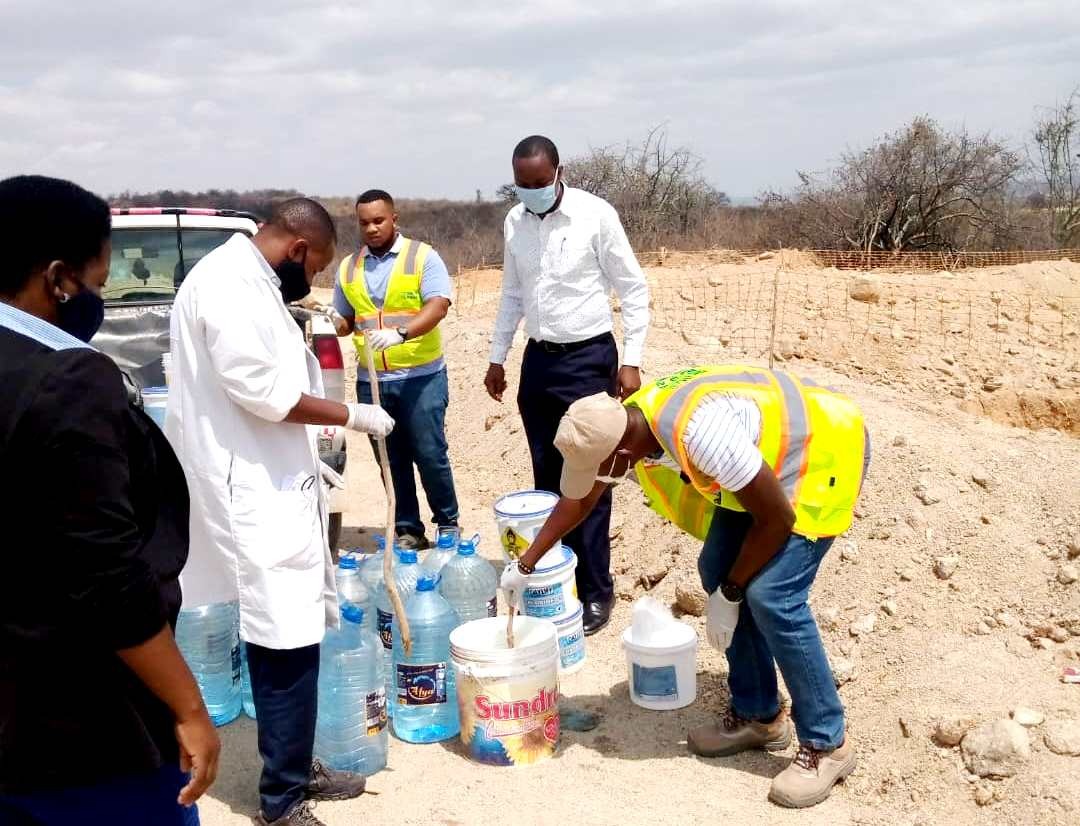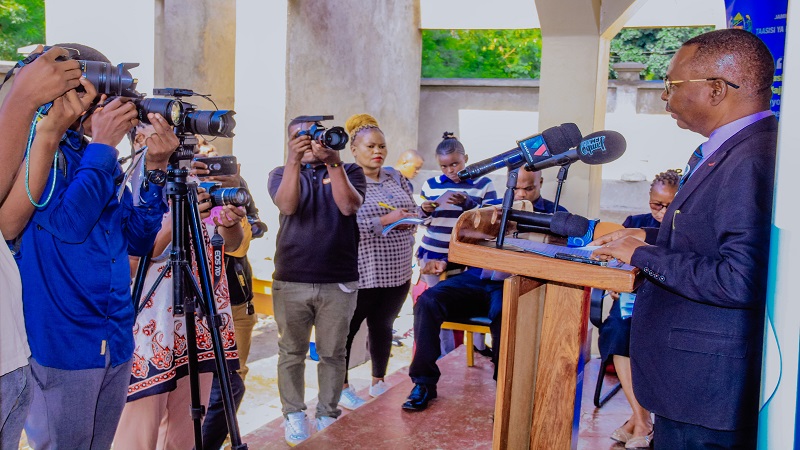Training on sustainable practices creates a positive impact in Dar
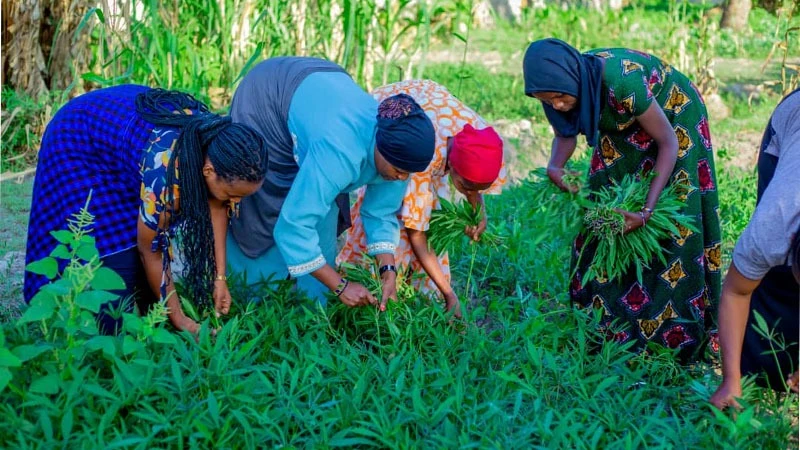
AT least 5842 individuals with disabilities and other community members in Ilala District Council, Dar es Salaam Region, have received training on producing organic fertilizer, charcoal briquettes, and animal feed from domestic and food market waste.
This training aims to empower participants to launch their own projects, combat deforestation, achieve economic independence, and reduce charcoal consumption in their daily cooking practices.
Selemani Bishagazi, a representative of a Dar-based civil society organization (CSO) 'Sauti ya Jamii Kipunguni,' called for action during a recent one-day training session. The event brought CSOs from both Tanzania mainland and Zanzibar for a training on climate justice awareness.
Out of the 5842 individuals trained, 232 have disabilities, 3000 are youth, and the remaining 2610 participants are from diverse backgrounds. The training was organized by Women Action towards Entrepreneurship Development (WATED) and Nandiwe Feminist Wellness and Coaching Center, with funding from Women Fund Tanzania Trust (WFTT).
Since November 2022, the training has been provided free of charge to assist low-income earners and others in transitioning from charcoal to charcoal briquettes. This shift aims to combat deforestation, mitigate climate change impacts, lower cooking expenses, and reduce the burden on women and girls who often walk long distances to fetch water for their families.
"We are delighted with the progress achieved so far. Through the knowledge and skills acquired from our organization, beneficiaries have ventured into vegetable farming, organic fertilizer production, and charcoal briquette making in their communities, selling their products to increase income and create employment opportunities for women and youth," shared the spokesperson.
He mentioned that approximately 500 bags of charcoal are transported daily from various regions nationwide to Dar es Salaam Region.
In other regions of the country, women and girls are forced to walk five to six hours each day in search of water due to the impacts of climate change. Consequently, girls are compelled to abandon their education, face increased risks of violence, and find themselves unable to engage in any other productive activities due to the daily struggle for water.
Expanding on the production capabilities of charcoal briquettes, he highlighted that they can manufacture 60 kg of charcoal briquettes daily, 14-20 kg of organic fertilizer monthly, and 10-12 kg of animal feed daily.
To date, the organization has successfully utilized organic fertilizer in vegetable farming, aiding farmers in reducing their reliance on chemical fertilizers in their fields.
"We have farms situated in Kipunguni Ward, Ilala District, where individuals interested in purchasing vegetables can visit," he remarked.
In addition to this, the organization advocates for urban farming, provides training on its benefits, and encourages residents to establish vegetable gardens at home to produce fresh food, promoting self-reliance through healthy eating habits.
According to a report by the Community Forest Conservation Network of Tanzania (MJUMITA), more than 469,000 hectares of forest are cleared annually in Tanzania. The majority of deforestation takes place in unreserved forests within village lands, resulting in the emission of over 44 million tonnes of CO2 per year into the atmosphere, thereby impacting the global climate.
Illegal and unsustainable harvesting in unreserved forests contributes to forest degradation, leading to a decrease in government revenues derived from forests.
Approximately 17.6 million hectares of unreserved forests, roughly 80 percent of the total 22 million hectares of forest cover within village lands in Tanzania, are not legally reserved or formalized, leading to ongoing deforestation.
Research conducted by the Tanzania Forest Conservation Group (TFCG) indicates that 89 percent of deforestation in Tanzania can be attributed to agriculture.
The study revealed that bushfires are the second leading cause of deforestation, accounting for 77 percent of cases, with many citing fires as a method to clear land for cultivation.
Livestock grazing is identified as the third major driver of deforestation, accounting for 69 percent of cases.
Fuelwood collection is identified as the fourth significant factor contributing to deforestation, representing 43 percent of survey points, with 41 percent for domestic use and 2 percent for tobacco curing. Interestingly, 89 percent of locations where fuelwood is collected are also used for farming.
The research investigating the causes of deforestation in Tanzania was conducted between June and December 2018 with funding from the Critical Ecosystem Partnership Fund. The primary objective was to assist policymakers in developing effective strategies and policies to combat deforestation nationwide.
Top Headlines
© 2025 IPPMEDIA.COM. ALL RIGHTS RESERVED















